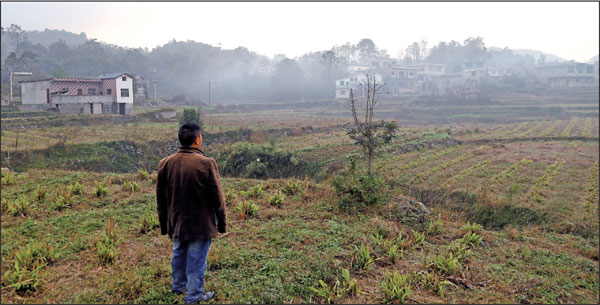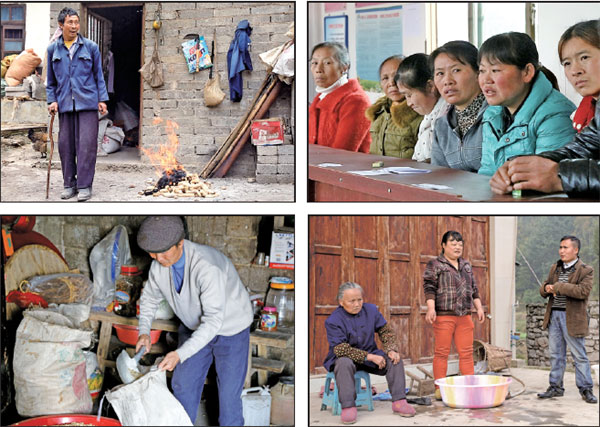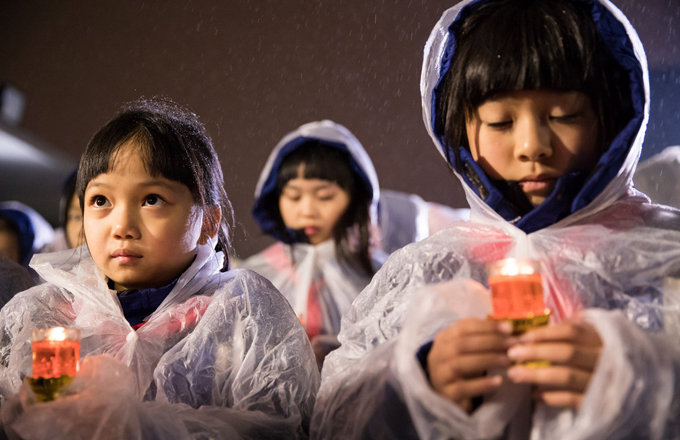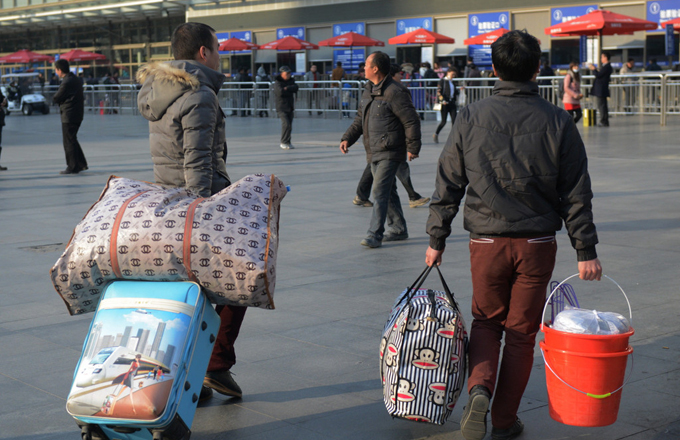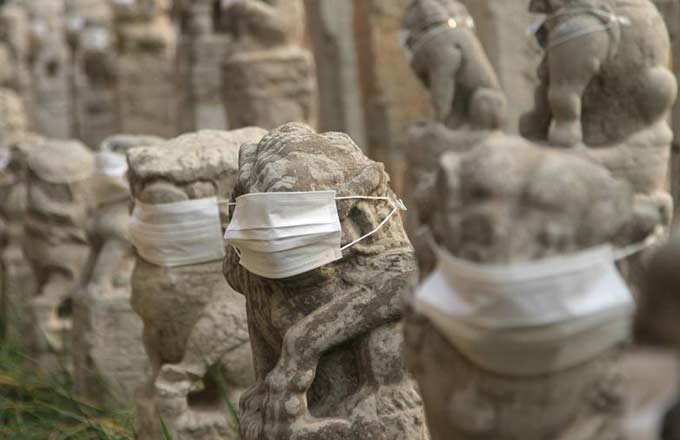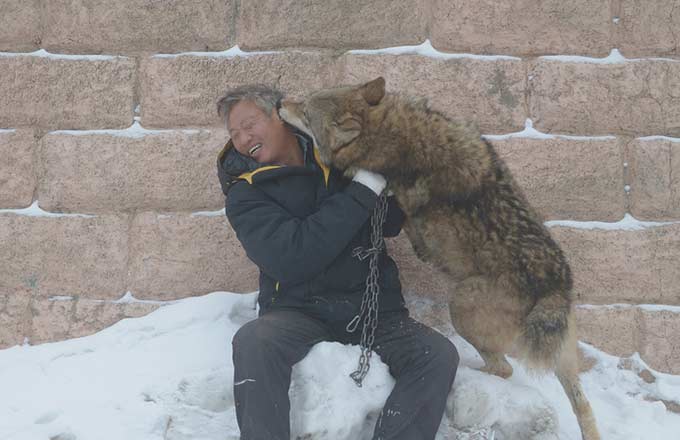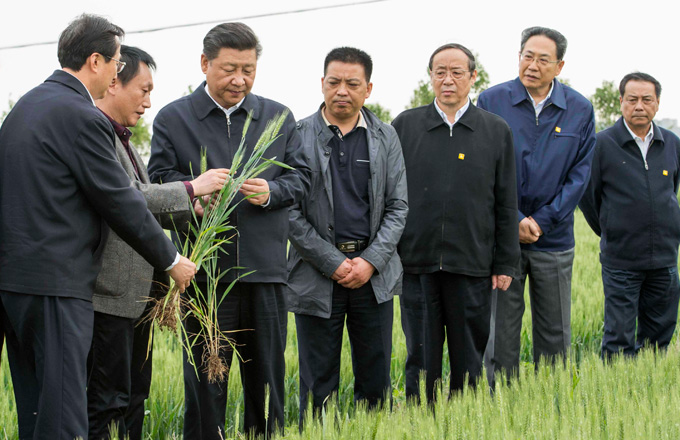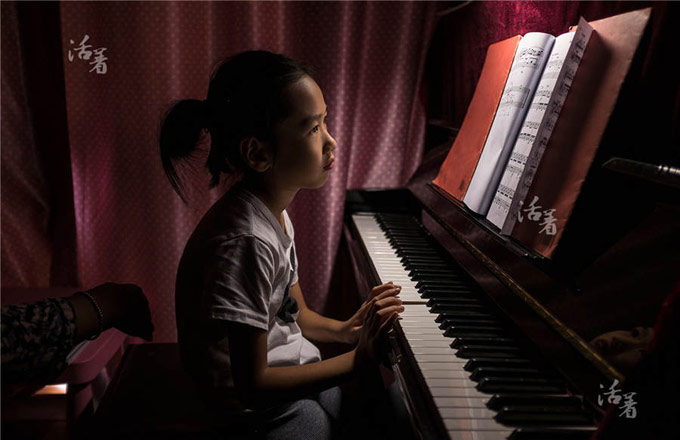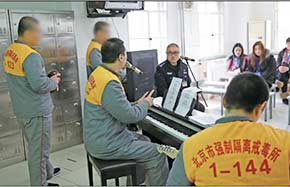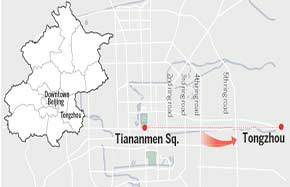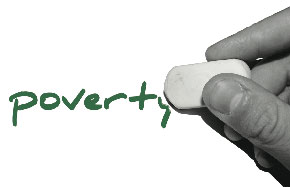This village invests in itself to beat destitution, disability
|
|
Editor's note: This is the fourth in a series of special reports that China Daily is publishing. The reports focus on efforts to eradicate poverty and raise living standards in the country's rural areas, especially among members of the nation's ethnic minority groups.
When he was elected head of his village six years ago, Hu Jihua vowed to lift every one of the 4,000 residents - many of them disabled - out of poverty, and fulfill a personal dream at the same time.
The 38-year-old, who stopped growing at 1.4 meters tall as a result of a rare, congenital spinal disorder, was desperate to demonstrate that "anything a healthy man can do, I can do better".
He has set about proving his point.
Hu's idea was simple: Gather all available resources and focus on one thing at a time. He established a cooperative for the village and invited every resident to invest land or money.
The cooperative operates like a regular company, but with a twist. It sells farm produce and other local goods, and the villagers take a cut of the profits. But they also receive an annual dividend based on the sum they invested, even if the cooperative loses money.
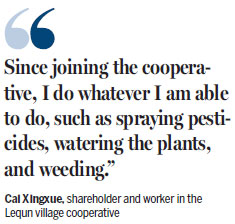
Although the concept sounds simple, achieving their goal was anything but easy for Hu and his peers. They live in Lequn, a remote settlement tucked away in the mountains surrounding Liupanshui in Guizhou province.
Nearly 400 villagers - 10 percent of the residents - have physical disabilities, almost double the national average. According to official estimates, 85 million people in China have a disability, roughly 6 percent of the population.
One of the reasons behind the high disability rate in Lequn is generations of marriage between close blood relatives, according to Hu Jihua, the village head.
About 50 percent of the residents are members of ethnic groups, mostly the Hui, Buyi and Yi peoples, said Hu, who is of Yi origin. In previous generations, most of the groups forbade marriage with people of other ethnicities, and although the local government has tempered the tendency in recent years, the problems are likely to remain for some time. "What's done is done," Hu said, with a sigh.
Another reason is a problem that often affects isolated villages such as Lequn, where the primary activity is farming. About 20 years ago, the lack of other work resulted in younger villagers, mainly men, leaving home and heading to coastal cities, where wages were about 10 times higher, in search of jobs.
Most of them ended up on unregulated, dangerous construction sites, and their status as migrant laborers provided little protection if they became injured. Almost inevitably, a large number of them returned home with permanent physical damage.
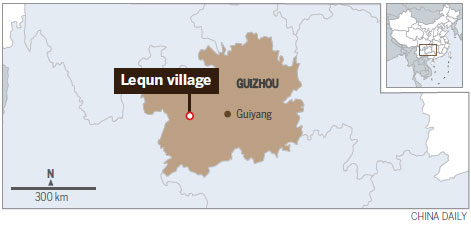
Fang Jiaping is one of them. As a result of a work injury, the 47-year-old's left leg has withered to the extent that the muscles are barely visible. Wearing a flat cap and clutching a handmade pipe, Fang had to lean against a wall for support as he spoke.
Nearly 20 years ago, Fang headed to Guiyang, the capital of Guizhou, to do odd jobs. His injury occurred when he fell off scaffolding while working at a construction site, leaving him with a crippled leg and five toes he is unable to flex. He said pain is the only thing he has felt in his lower limb for nearly two decades.
Fang, a Han, is married to a woman from the Buyi group. They have a 19-year-old son, who has followed his father's example and left to work in Zhejiang province, despite a serious skin condition that's exacerbated by the humidity in the coastal province.
"He lives on his own money. We don't expect him to give us anything. We're happy as long as he doesn't come back to ask us for money." Fang said, with a humble smile that revealed several yellow teeth.
The family has three mu (0.2 hectares) of land. Before Hu was elected as the village head the family was dependent on Fang's wife, who raises chickens, cattle and pigs in addition to farm work, to make ends meet.
Hu's plan has raised the family above the national poverty line of 2,600 yuan per person per year. Fang acts as a casual laborer at the company, packing bags with grain, earning 90 yuan ($13) a day. He has also invested 5,000 yuan in the cooperative to become a shareholder, which has given him a rare taste of how it feels to make money with money. Even better, even when the cooperative fails to make a profit, Fang can still get his 5,000 yuan back whenever he wants.
Cai Xingxue's urinary system was damaged in a farming accident, so the 52-year-old has to wear a diaper in bed. His wife has a serious spinal condition which prevents her from working, despite the fact that the couple has three daughters and a young son to support. Before Hu established the cooperative, a family such as Cai's would have been reliant on limited government subsidies.
"Since joining the cooperative, I do whatever I am able to do, such as spraying pesticides, watering the plants, and weeding. Every year, I work for five or six months and earn about 10,000 yuan," he said.
Villagers whose land falls within Hu's area of activity have an extra option. They can invest their land in exchange for shares in the cooperative, and every mu they allow it to use brings them a fixed sum of 600 yuan a year.
Hu is proud that his idea has improved the peoples' lives: "We give them cash before the seeds are planted, and as long as the plot of land is accurately measured, the dimensions are made public and no one disagrees, I transfer the money to their bank accounts, so they have a guaranteed income. For now, at least, investing their land brings them 200 yuan (per mu) more than farming it would."
Contact the writer at chenmengwei@chinadaily.com.cn
|
|




